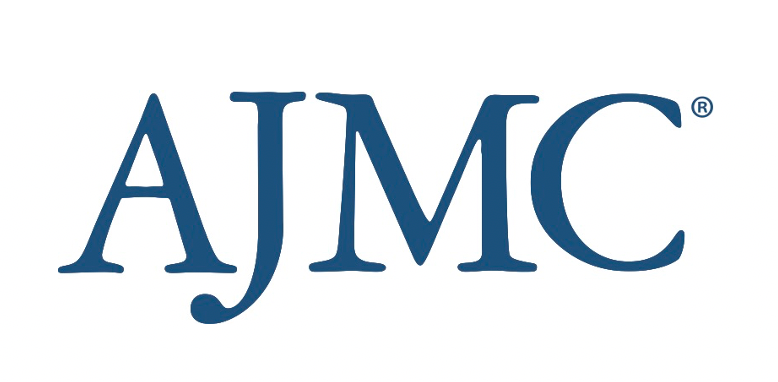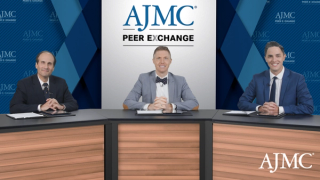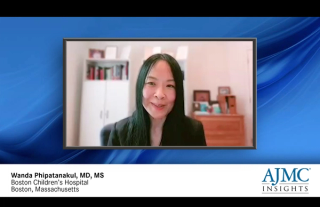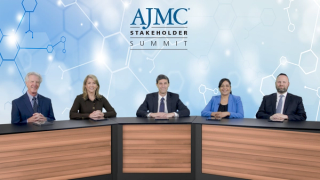
Clinical
Latest News

What We’re Reading: FDA Delays Decision on Donanemab; Weight Loss Drug Costs; Effective RSV Treatment
Latest Videos

More News

The FDA approval of nivolumab plus cisplatin and gemcitabine marks the first concurrent immunotherapy-chemotherapy combination for the population.

Differences in bone density and FRAX fracture risk scores among Black and Asian women yield greater discordance in fracture risk estimation compared with White women.

A prediction model using age, body mass index, lifestyle, waist circumference, and family history had high accuracy when used to predict colorectal cancer (CRC) in China.

A recent study found that tumor-stroma proportion was a reliable marker of chemoresistance, progression-free survival, and overall survival in high-grade serous ovarian cancer.

Developing accurate predictive models for patients with pediatric acute myeloid leukemia (AML) can close the preclinical gap in treatment for the rare disease.

Despite its impact on patient quality of life, hidradenitis suppurativa (HS) remains underdiagnosed and undertreated; authors outline what's being discovered within the treatment landscape.

In patients with chronic obstructive pulmonary disease (COPD), the higher the oxidative balance score, the lower the frailty risk, especially in women.

A patient with chronic lymphocytic leukemia (CLL) who experience persistent exaggerated responses to insect bites was successfully treated with dupilumab.

The National Comprehensive Cancer Network (NCCN) recommends ropeginterferon alfa-2b as first-line cytoreductive therapy for polycythemia vera.
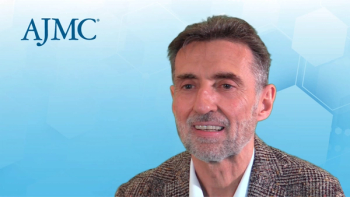
While the results of evolutionRMS, comparing evobrutinib with teriflunomide, were negative, that "doesn't mean that evobrutinib is not working," said Xavier Montalban, MD, PhD, director of the Multiple Sclerosis Center of Catalonia (Cemcat).

Outcomes for patients with diabetic macular edema did not have treatment with intravitreal dexamethasone implants affected by their glycosylated hemoglobin.
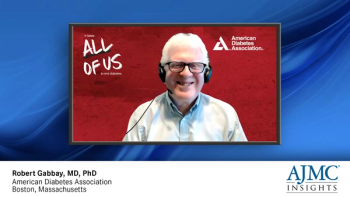
Robert Gabbay, MD, PhD, delineates key differences between type 1 and type 2 diabetes, including autoimmune antibodies, insulin resistance, and insulin deficiency.

Wyost and Jubbonti were approved as interchangeable biosimilars for Xgeva and Prolia; however, there is no launch date yet pending litigation with the maker of the reference products.

The fully humanized monoclonal antibody led to results among patients with generalized myasthenia gravis (MG) similar to that of efgartigimod, the authors said.
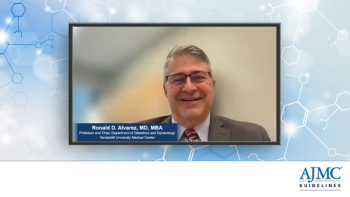
A medical expert discusses efficacy of approaches such as carboplatin doublets, checkpoint inhibitors, and PARP inhibitors for patients with platinum sensitive and platinum-resistant ovarian cancer.
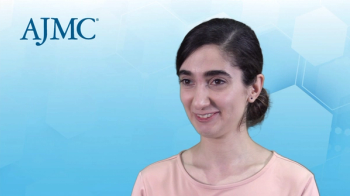
Ateyeh Soroush, a PhD candidate at the University of Calgary, explains her ongoing study utilizing near-infrared spectroscopy (NIRS) to investigate hypoxia-related brain function impairment in patients with multiple sclerosis (MS).

This study enhances current understandings of dupilumab use in patients with atopic dermatitis (AD) by showing its real-world effectiveness and safety.

Patients who had surgery for colorectal cancer (CRC) were able to avoid anastomotic or rectal stump leaks by using a Heald anal stent.
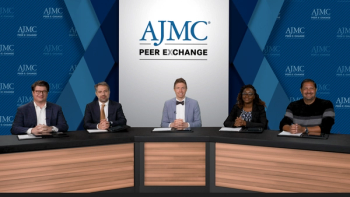
The panel highlights the quality of life and emotional challenges faced by patients diagnosed with Philadelphia chromosome–positive acute lymphoblastic leukemia (Ph+ ALL).

Vivian Tambe Ebot-Tar, PharmD, MBA, guides a discussion on the incidence of Philadelphia chromosome-positive acute lymphoblastic leukemia (Ph+ ALL) and how payers can have the most impact through early treatment coverage.
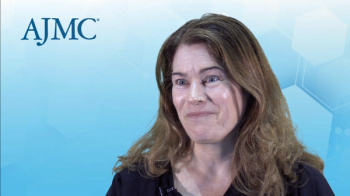
Kathy Zackowski, PhD, associate vice president of the National Multiple Sclerosis (MS) Society, discusses the importance of MS rehabilitation and lists several successful strategies.
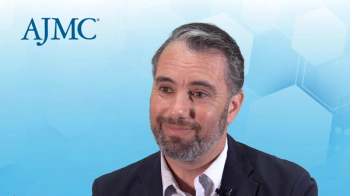
Ari Green, MD, of the University of California, San Francisco, details the benefits of remyelination for patients with multiple sclerosis (MS), as well as the challenges faced when conducting remyelination trials.

Mitzi Joi Williams, MD, founder and medical director of Joi Life Wellness Multiple Sclerosis (MS) Center, explains the issue of underrepresentation in MS clinical trials and the potential for digital health technologies to help overcome this barrier.

Krystyn Van Vliet, PhD, vice president for research and innovation at Cornell University, discusses MS drug discovery barriers and overcoming them using 3D platforms.

Two existing, well-validated patient-reported outcome (PRO) measures may be useful as a prognostic marker for mortality and assist with treatment selection for patients with cutaneous chronic graft-vs-host disease (GVHD).

